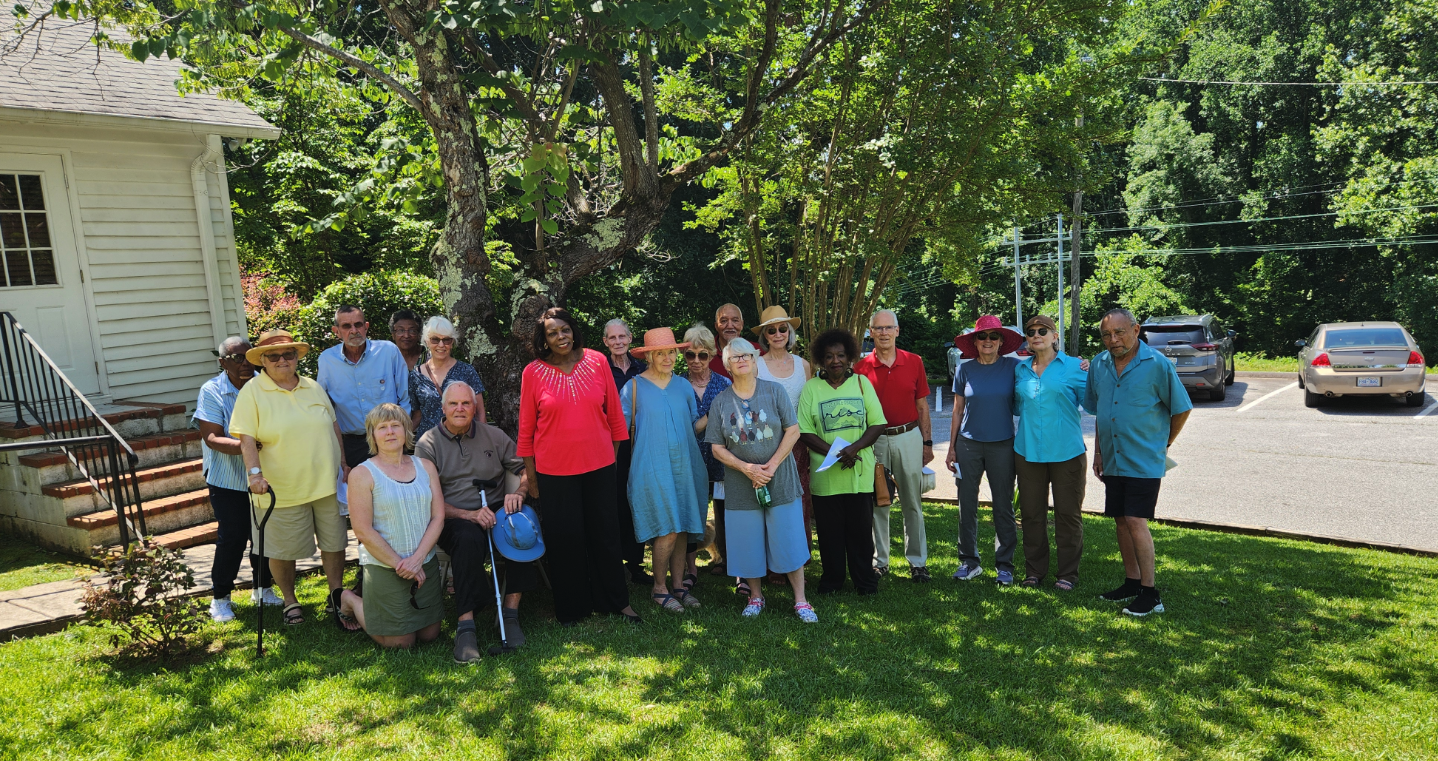Family and Faith
Published 10:00 pm Wednesday, May 11, 2016
Last Sunday was Mother’s Day. Father’s Day is coming up in a few weeks. May is the season for graduations for children and grandchildren. Just in the month of May our family has four birthdays. So lately I’ve been thinking about family life.
Not that I am any kind of expert. I’ve been through my own ups and downs, including a marriage many years ago that didn’t work out. Fortunately the Bible is filled with many examples of family living. Open it almost anywhere and read for a bit and you’ll discover families that are, well … shall we just say that they have their good points, and their not so good points.
Take the extended family of Abraham and Sarah for example. Abraham and Sarah are the foreparents of three of the world’s great religions: Christianity, Islam and Judaism. You can read their story in the Biblical Book of Genesis. In fact the story takes up some 39 chapters of Genesis (out of 50), so it must be important.
And it was a big family. You may remember some of the characters: Abraham and Sarah, Isaac and Rebekah, Jacob and Esau, Rachel and Leah, Laban and Lot, Joseph and Benjamin, Ishmael and Hagar, Reuben, and Dan, and Judah, and Dinah – and that’s only part of the family.
So what happens to this extended family of Abraham? People get married, have children (with some difficulty), and move around a lot. They fight wars, conduct business deals, and cope with natural calamities. And deal with other challenges, like jealous siblings, anxious parents, instances of theft and attempted murder, imprisonment, family reprisals, and occasions of sly trickery, painful betrayal, fight and flight, life and death.
Important as this story might be to the writer of Genesis, it’s a story that would probably never make it as a Hallmark special. A psychologist friend of mine once told me that this description of the extended family of Abraham pretty well describes a dysfunctional family. So what are we to make of this complicated, checkered story of our great fore-parent in faith?
To start with we may be a whole lot more like Abraham and Sarah’s family than we’d ever care to admit. Mary and I are parents to six, and grandparents to six, uncle and aunt to 20. And we’re connected to some pretty interesting in-laws. We’ve got a big extended family.
Like many of you, we’ve had moments of absolute joy, and also unbelievable challenge. As one of our nieces recently observed, “There are not too many things that you can’t find in our family if you look long enough.”
If the family of Abraham and Sarah is any clue, then evidently faith and dysfunction are not mutually exclusive terms. Hard as it might be at times for us to see it, there’s always possibility for new life, learning and growth. I find that comforting.
At the same time though, the pain and misery are real, and there’s far too much of it. Few of us escape. We are all pretty much bruised and broken, in one way or another. Sometimes we can laugh at the stories. Sometimes they are very worrisome. And sometimes they are horrific. At times the heartbreak can be overpowering.
And wherever we are in the story, it is easy to feel angry, or hurt, betrayed, and disappointed with our own and other’s words and actions. Often we worry, and pray, and seek the counsel of others, hoping somehow that it will help.
A part of the good news found in these 39 chapters of the Book of Genesis is that the Creator of the Universe is present with these men and women, boys and girls through their good times and bad, and even when they aren’t aware of it.
God does not always fix their problems in miraculous fashion, but God always seems to be there helping people somehow to move forward. And I believe that God continues to accompany each of us, and each of our families even today. I take comfort in that, whether I am celebrating a joyful event, worrying about the future, struggling with a difficult challenge, or feeling the loss of a loved one.





